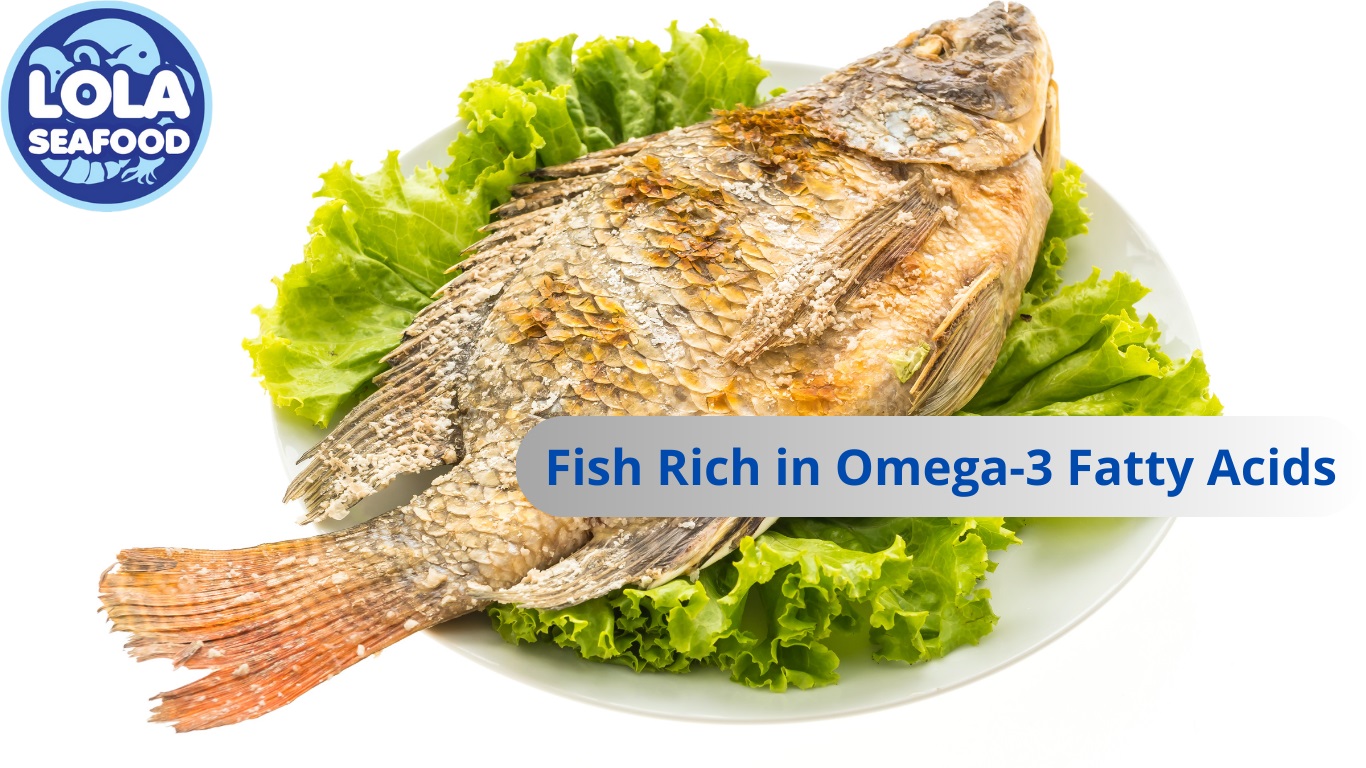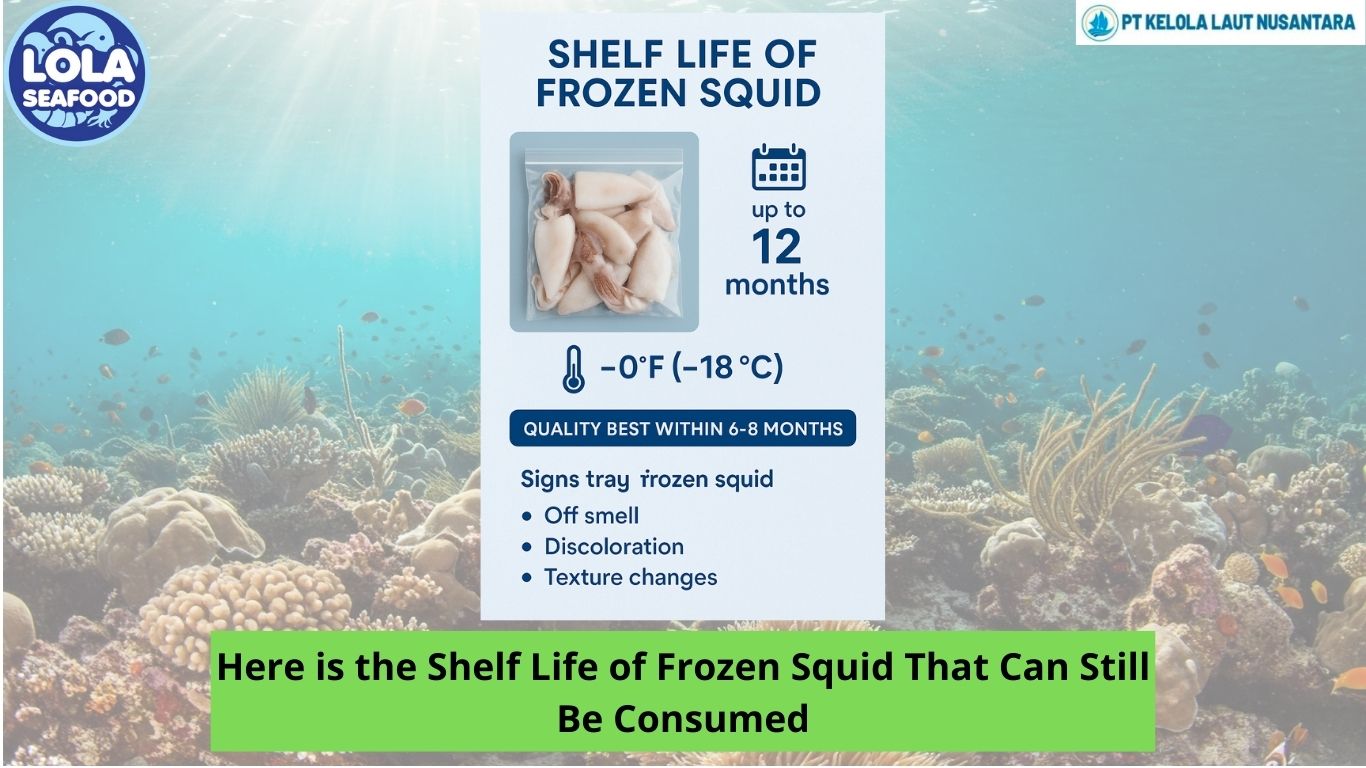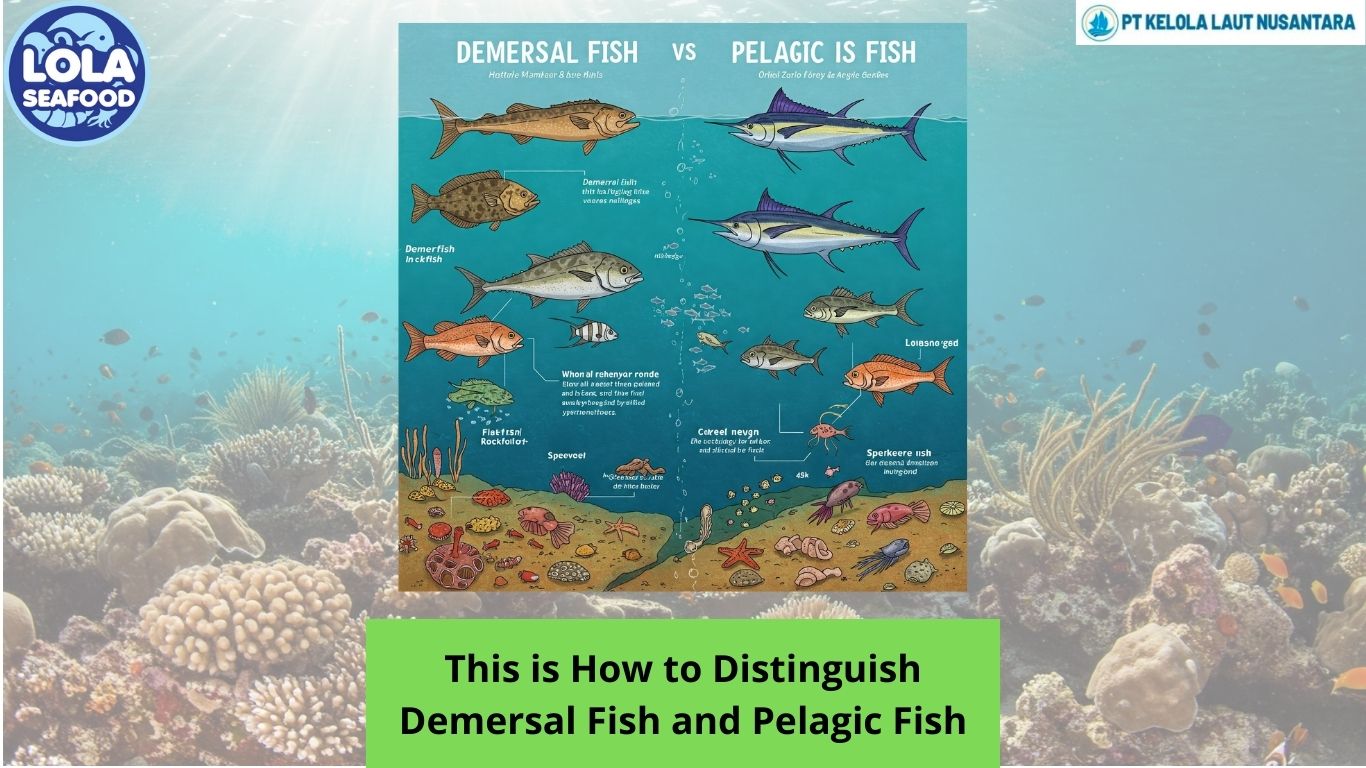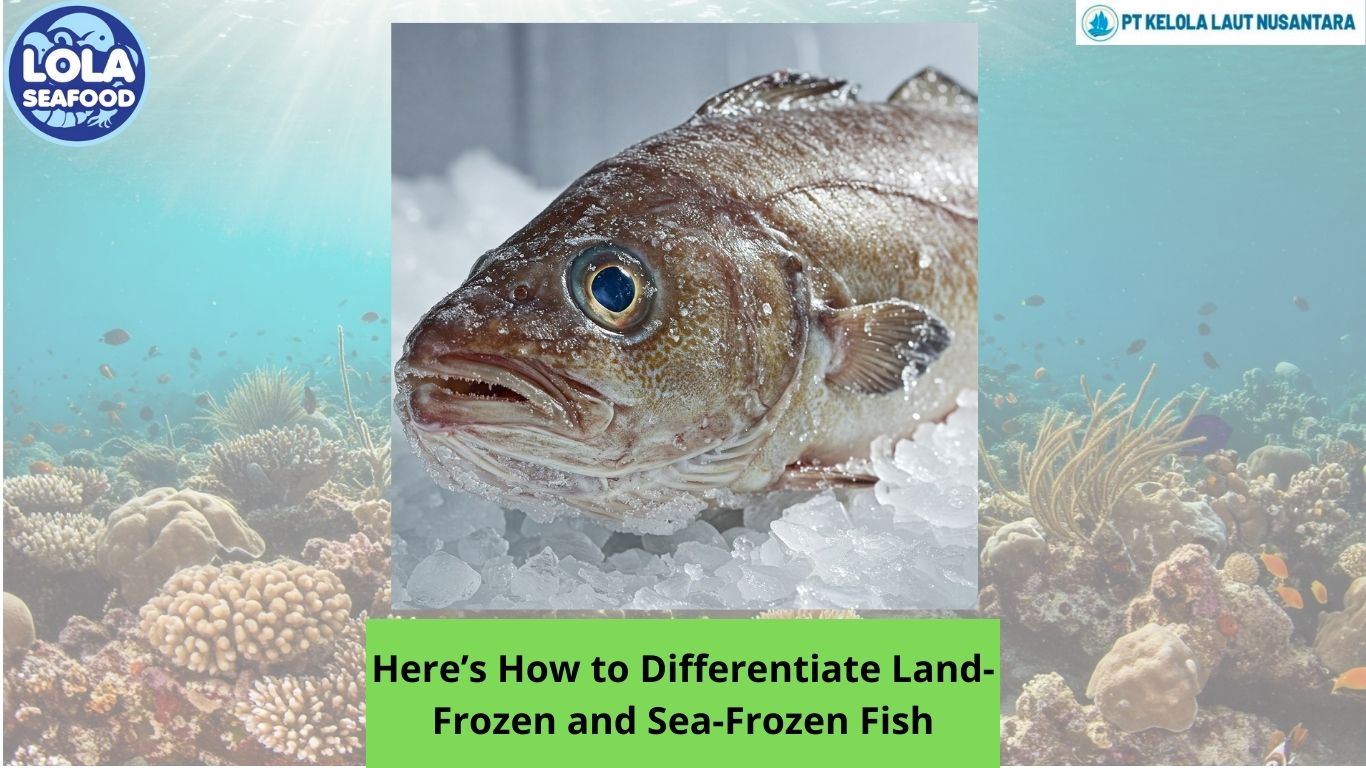Fish Rich In Omega-3 Fatty Acids
By. Najih - 30 Oct 2024
Omega-3 fatty acids are essential fats that provide numerous health benefits, particularly for heart health. Here’s a list of fish that are particularly rich in omega-3s:
Top Fish Sources of Omega-3
- Salmon
- Omega-3 content: Approximately 2,150 mg of EPA and DHA per 3.5 oz (100 g).
- Benefits: Known for reducing the risk of heart disease and improving brain health.
- Mackerel
- Omega-3 content: About 4,580 mg of EPA and DHA per 3.5 oz (100 g).
- Benefits: High in nutrients, including vitamin B12 and selenium.
- Sardines
- Omega-3 content: Approximately 982 mg of EPA and DHA per 3.5 oz (100 g).
- Benefits: Nutrient-dense, providing high levels of vitamin B12 and vitamin D.
- Herring
- Omega-3 content: About 2,150 mg of EPA and DHA per 3.5 oz (100 g).
- Benefits: Often consumed smoked or pickled, rich in vitamins and minerals.
- Anchovies
- Omega-3 content: Approximately 2,053 mg of EPA and DHA per 3.5 oz (100 g).
- Benefits: Strong flavor, often used in small amounts to enhance dishes.
- Cod
- Omega-3 content: Approximately 1,000 mg of EPA and DHA per 3.5 oz (100 g).
- Benefits: Lean fish that is versatile in cooking.
- Lake Trout
- Omega-3 content: About 2,500 mg of EPA and DHA per 3.5 oz (100 g).
- Benefits: Rich in omega-3s and a good source of protein.
- Canned Light Tuna
- Omega-3 content: Approximately 500 mg of EPA and DHA per 3.5 oz (100 g).
- Benefits: Convenient and affordable source of omega-3s, though lower than fatty fish.
Health Benefits of Omega-3 Fatty Acids
- Heart Health
- Omega-3s help lower blood pressure, reduce triglycerides, and decrease the risk of heart disease.
- Brain Function
- Regular consumption of omega-3-rich fish is associated with a lower risk of dementia and cognitive decline.
- Inflammation Reduction
- Omega-3s have anti-inflammatory properties that can help reduce chronic inflammation in the body.
Recommendations for Consumption
- Serving Size
- It is recommended to consume at least two servings of fatty fish per week, with a serving size of about 4 ounces (113 grams).
- Cooking Methods
- Healthier cooking methods include grilling, baking, or broiling rather than frying.
- Mercury Considerations
- Be cautious of fish high in mercury (e.g., shark, swordfish) and limit consumption, especially for pregnant women and young children.
Incorporating these omega-3-rich fish into your diet can significantly contribute to your overall health and well-being.

.jpg)
.jpg)
.jpg)




